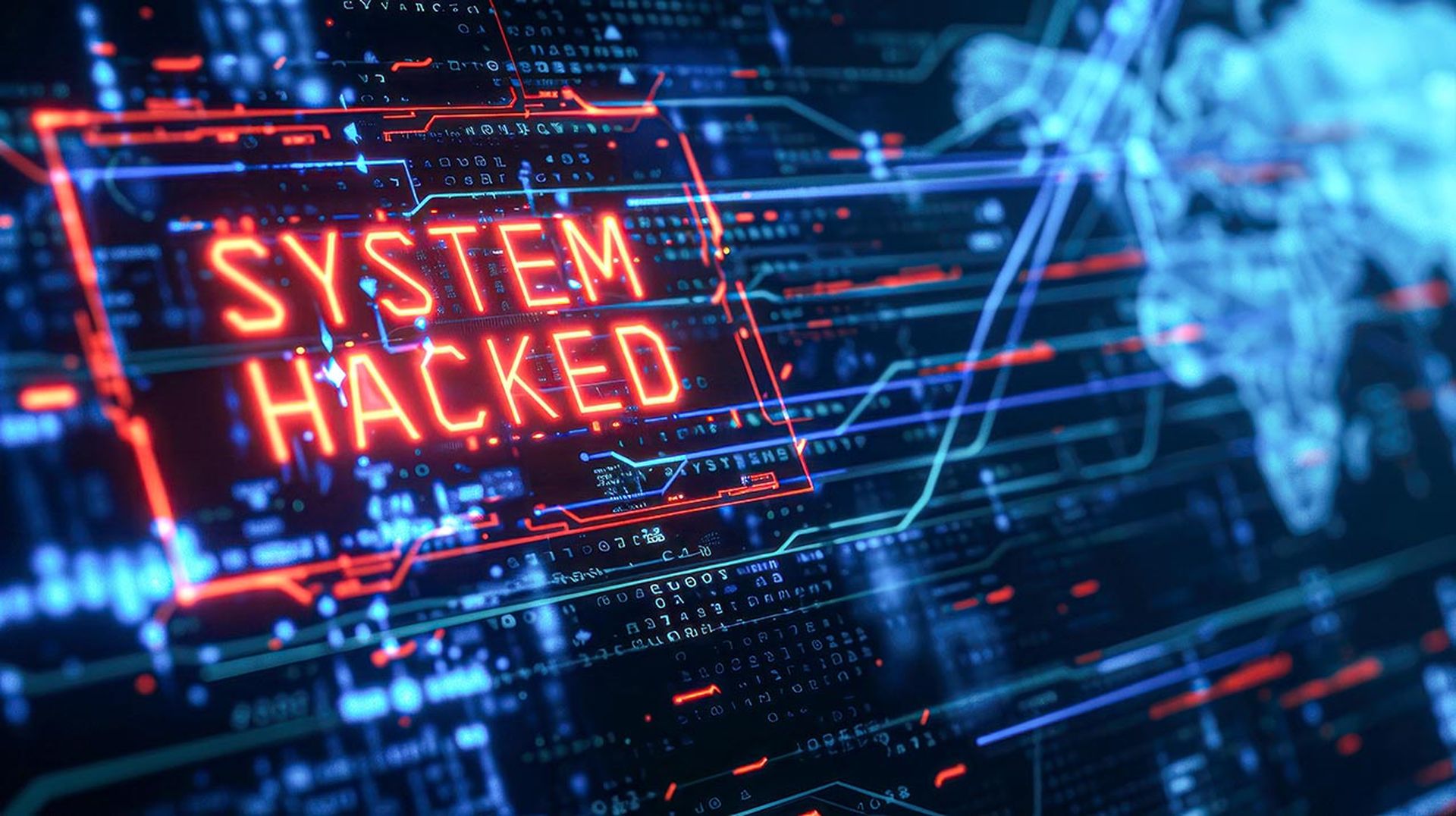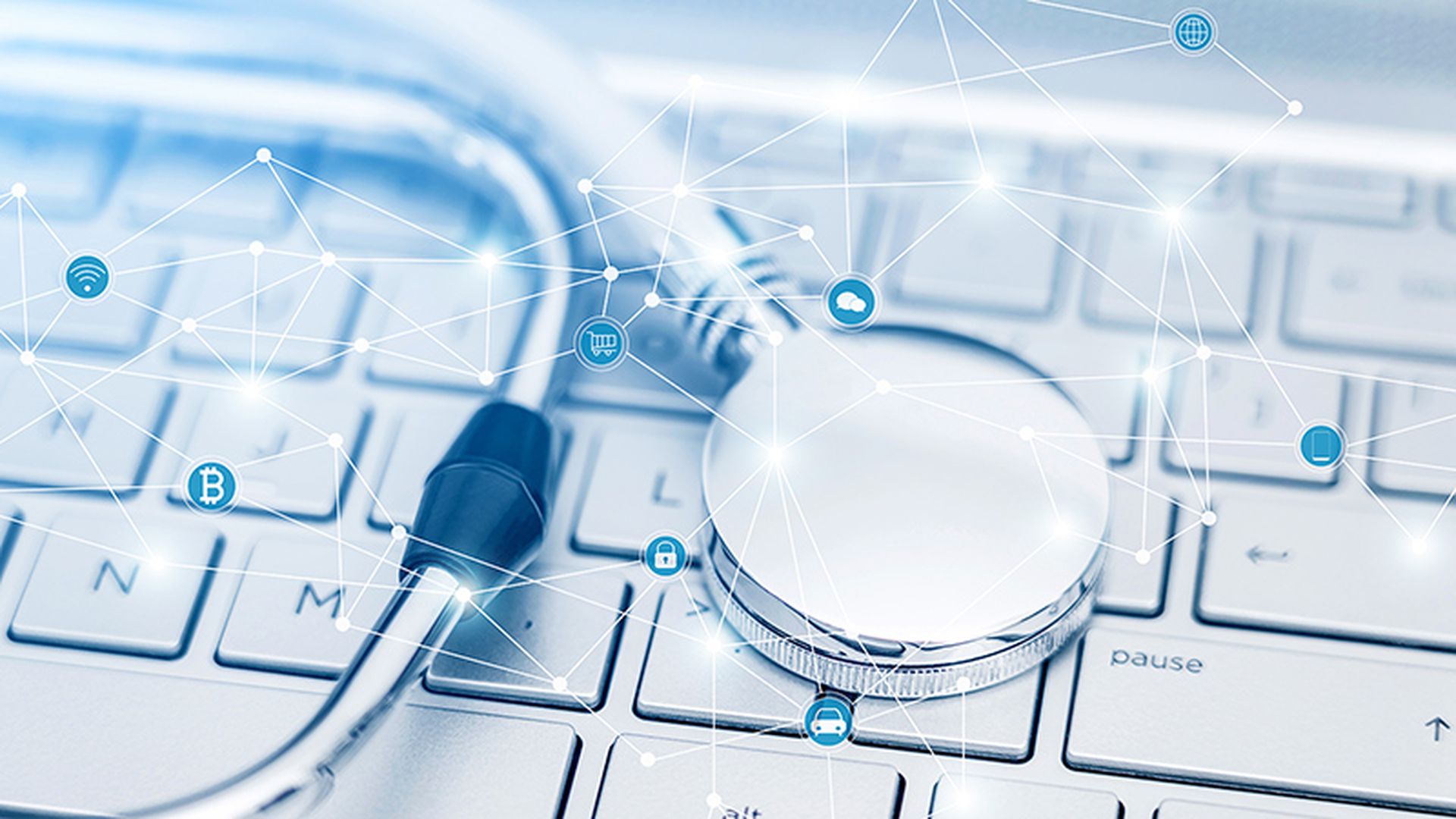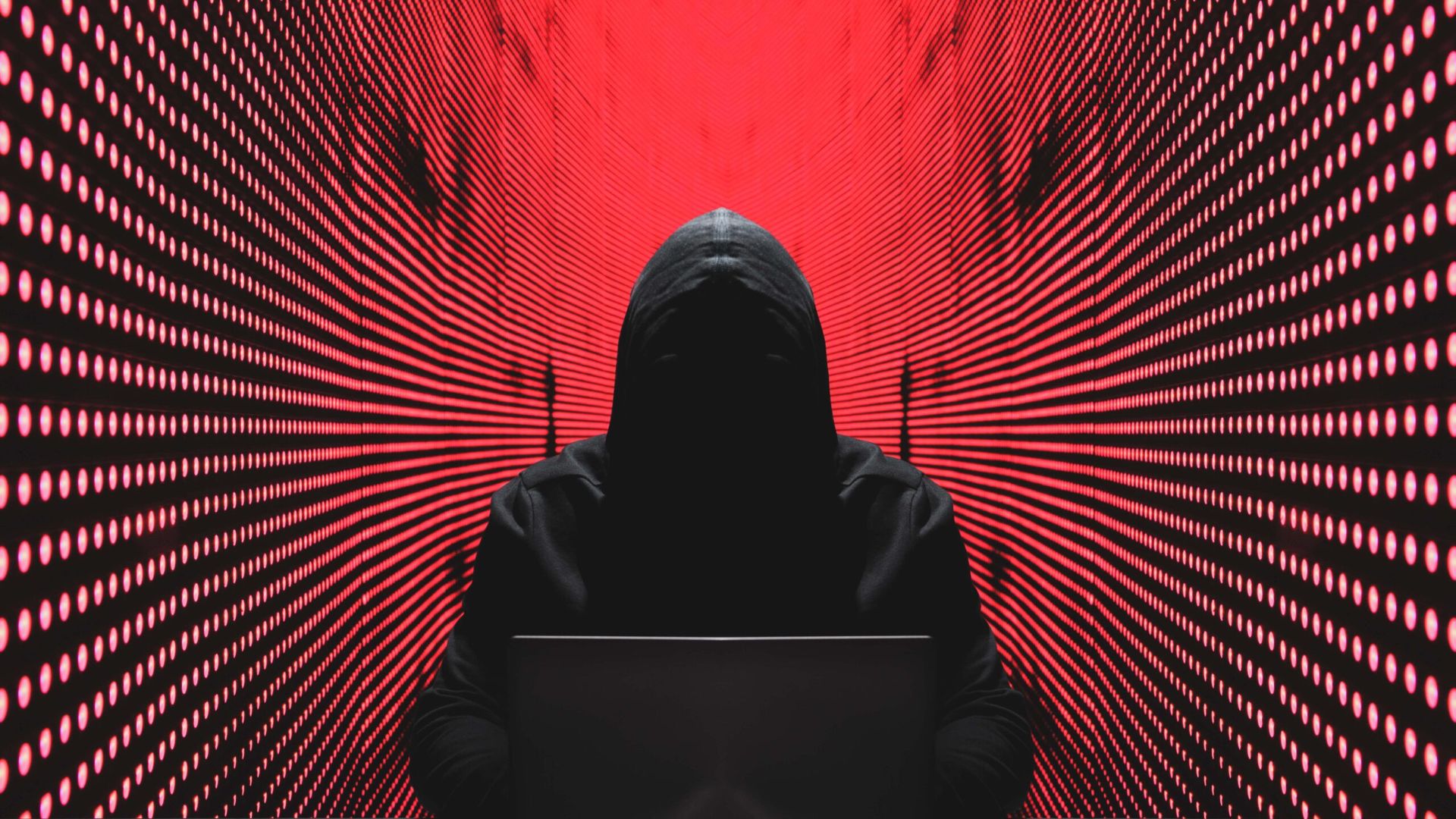Kanye West’s meeting with President Donald Trump revealed more to the world than the rapper’s political views after media personnel caught his iPhone PIN “000000” during a live broadcast.
And while West has hopefully changed his PIN by now, cybersecurity experts warn his poor cybersecurity hygiene could lead to future problems for him down the road even if his Gmail password isn’t “ILoveKayne.”
“First and foremost, he needs to change his phone's password, and preferably not to something as equally terrible as '123456,'" Nathan Wenzler, chief security strategist at AsTech, told SC Media. “Best for him to use something people can't guess or predict; a random string of numbers that only he knows is a far better passcode than a birthday, an address, a single number repeated six times or anything else that someone might guess.”
Wenzler added that once cybercriminals know what sort of passwords a target uses, it makes it easier for them to work through iterations to find one that may allow them to compromise their financial accounts, credit cards, email accounts or more.
High profile celebrities like Kanye in particular shouldn’t be taking any chances as they are more appealing targets
The rapper has already fallen victim to having his personal devices breached as unreleased music, as well as intimate photos of him, have leaked at various points throughout his career.
Aaron Zander, IT engineer at HackerOne, said IT enterprises could learn from Kanye.
"If we think they’re going to use a simple password, we should ensure their devices and tools not only require stronger passwords, but we supply the tools and training on how to make safer, easier to remember passwords," Zander said. "We have to acknowledge the “desire paths” across the security landscape, and ensure we not only keep up, but facilitate ease of access while maintaining our security perimeter."
He added that at the end of the day, there’s no guarantee on the tech-savvy nature or level of care an employee will bring to the table so its important for companies to compensate for this.



